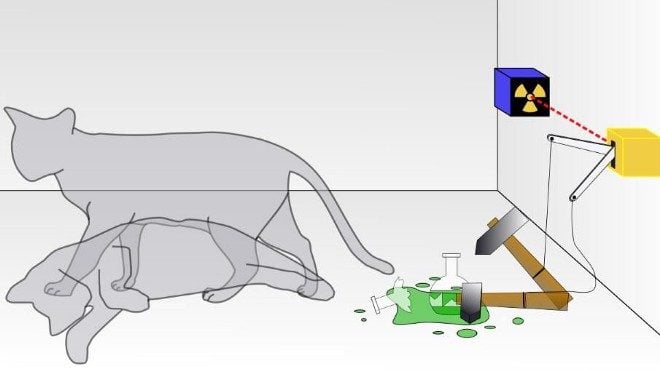Our classical intuition is no good in a quantum Universe. To make sense of it, we need to learn, and apply, an entirely novel set of rules.
Key Takeaways
-
The laws of physics always apply to every object in the Universe at all times, but on quantum scales, the behavior is far from intuitive.
-
At a fundamentally quantum level, everything is both wave and particle with an indeterminate state until measured, where measurement outcomes can only be predicted probabilistically.
-
Still, it’s the most successful, most powerful framework ever developed to describe reality, and everything in existence, without exception, obeys its rules.
The most remarkable fact about the Universe is simply that it can be understood at all. The universe, for all its complexity, can be reduced to its simplest, most fundamental components. If you can determine the underlying rules, laws, and theories that govern your reality, then as long as you can specify what your system is like at any moment in time, you can use your understanding of those laws to predict what things will be like both in the far future as well as the distant past. The quest to unlock the secrets of the universe is fundamentally about rising to this challenge: figuring out what makes up the universe, determining how those entities interact and evolve, and then writing down and solving the equations that allow you to predict outcomes that you have not yet measured for yourself.



Remember: “All models are wrong. Some are useful.”
True direct proof only exists within the most raw philosophies like mathematics. All else is comprised of theories which we haven’t proved wrong yet or, in a few cases, the least-wrong of all our theories.
Quantum physics and relativity fall in that final category. They describe the universe well but not entirely and not together. We know they aren’t currently correct, but they are the best we have at the moment.